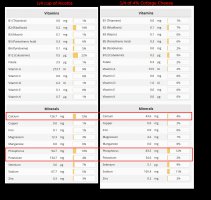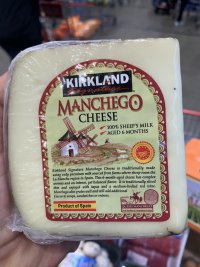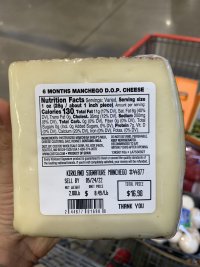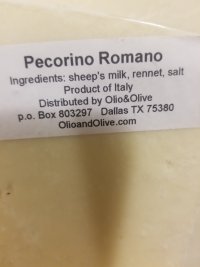I cannot speak to " on here" as a general conclusion since even then the most important factor can be "source". But hundreds and hundreds maybe thousands of years of pastoral civilizations using whey for a variety of cultured milk products are "wrong"? The progression of cheese types, cultured kefirs, yogurts from rennets have been a delicious and variable human sustainer for a very long time. The modern challenge: find a source from ruminants that actually browse naturally and peacefully, no hormones. No pesticides, no herbicides, no chemical defoliants sprayed on plant feed, no pufa laden plant oils sprayed on grain or fodder as feed. no growth hormones, no antibiotics systemically injected in the animal source. No product additives in processing as whiteners, thickeners, and finally no synthetic flavorings, preservatives, dyes, and by-products as high fructose corn syrup. All of these are easily found in a "value added" frozen food product as strawberry blintzes in you local grocery.




